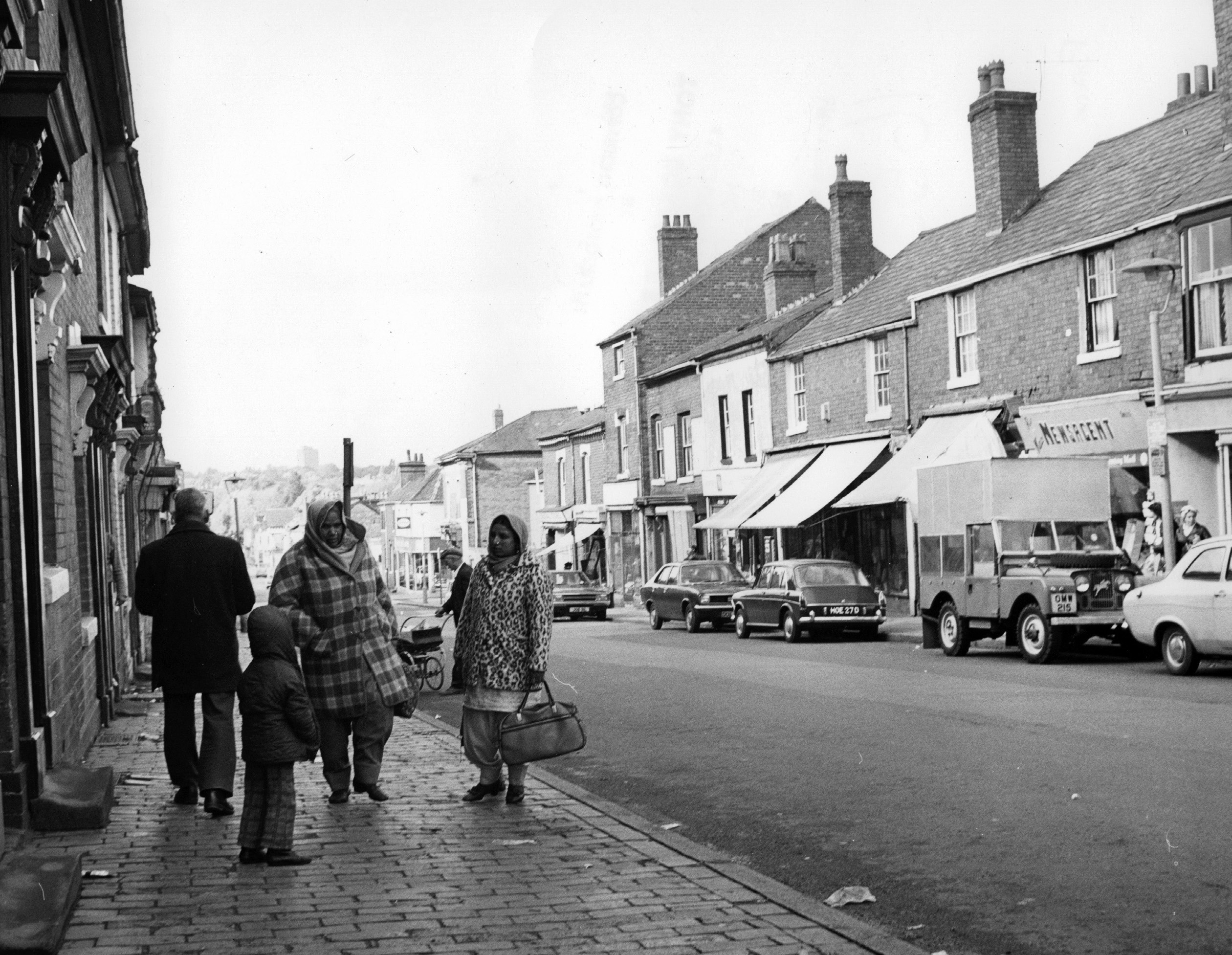
In this informative article, Sophie Gilliat-Ray points out the reasons why it is wrong to see Muslims in Britain as one homogeneous group. She briefly shows how the different ‘waves’ of immigration occurred, and how particular settlement patterns developed. She also provides useful information on the different national organisations representing shades of Muslim opinion. Looking to the future, Gilliat-Ray suggests that the occurrence of mixed-ethnicity Muslim families and households will increase, and that this too is likely to have a significant impact on how British Muslims see themselves and practise their faith. She makes a final and important point that it remains to be seen whether global events lead to greater unity or division within the Muslim community in Britain. While of obvious relevance to students taking the ‘Religion’ and ‘Beliefs in society’ options, this article is also useful in terms of issues of culture and identity.
Muslims in Britain are from many different ethnic, racial and linguistic backgrounds, have diverse geographic origins and migration histories, and subscribe to many different religious ‘schools’ of thought. For all these reasons, it is more appropriate to speak about Muslim ‘communities’ (plural) in Britain. Alongside their religious identity, Muslims of course have many other identities that are at times also very significant or meaningful for them, as sons or daughters, mothers or fathers, rich or poor, a ‘Northerner’ or a ‘Londoner’, a student, or an employee, and so on. Their religious identity is therefore one of many identities, and it would be a mistake for sociologists to see Muslims solely through the lens of their religion. ‘Muslim’ is a description or label that may not always be important to those to whom it is applied, and the self-description ‘Muslim’ can be more or less meaningful at different times in the life of an individual.
Your organisation does not have access to this article.
Sign up today to give your students the edge they need to achieve their best grades with subject expertise
Subscribe




